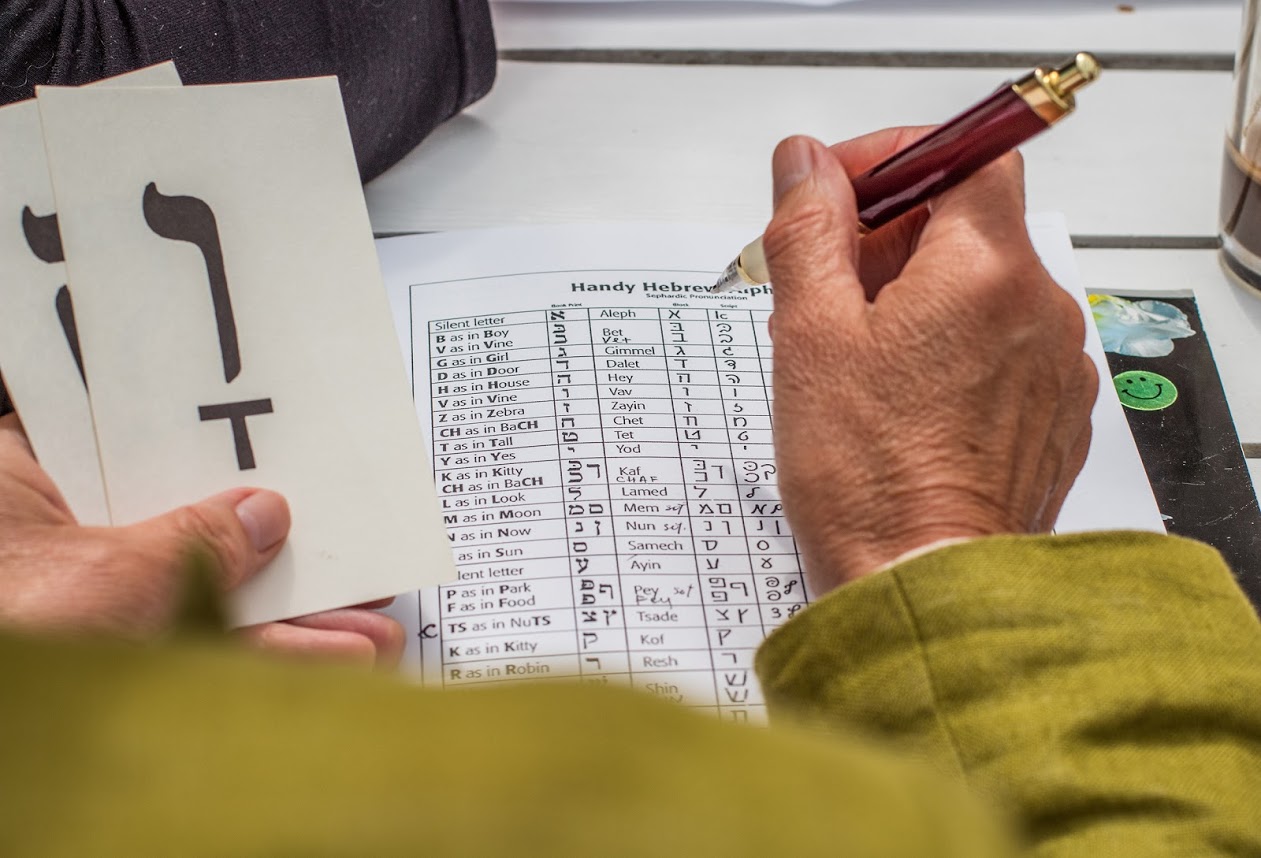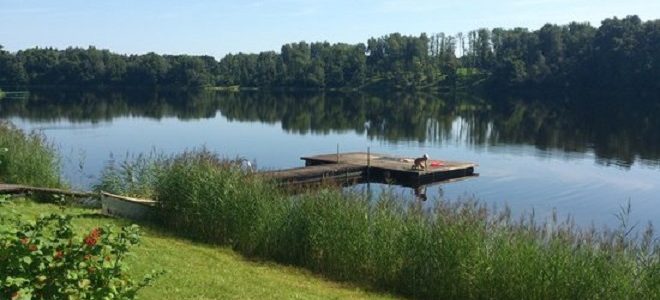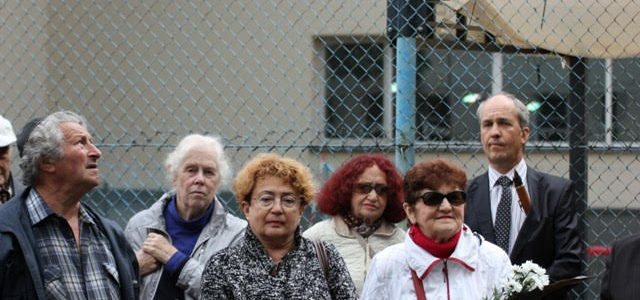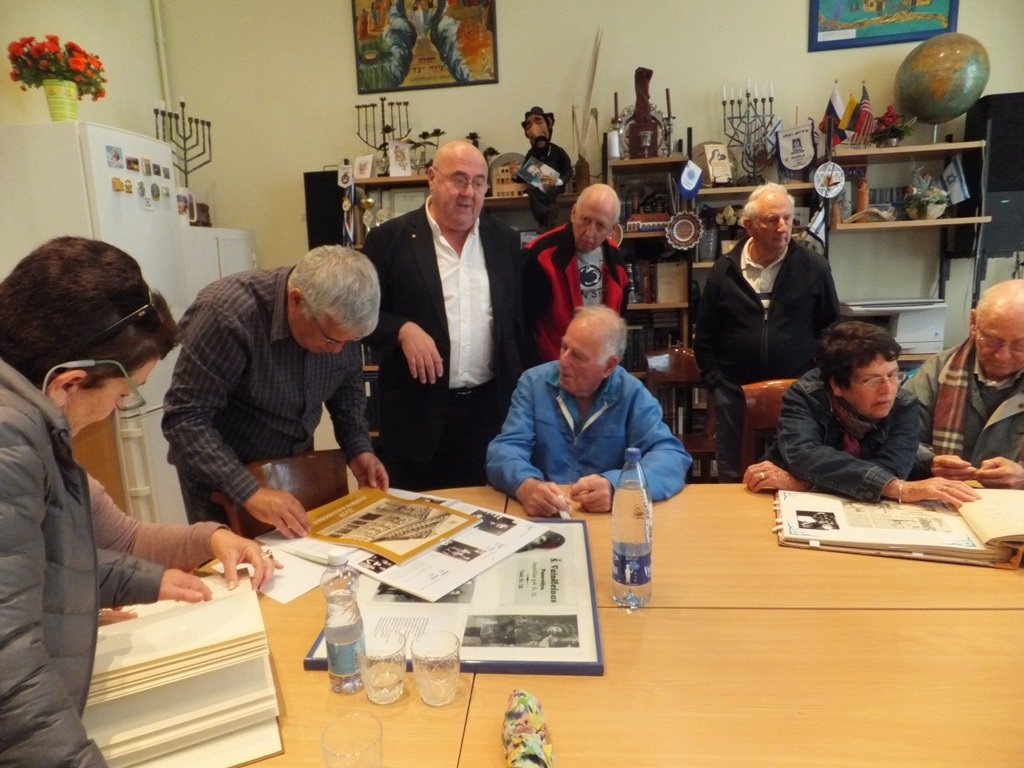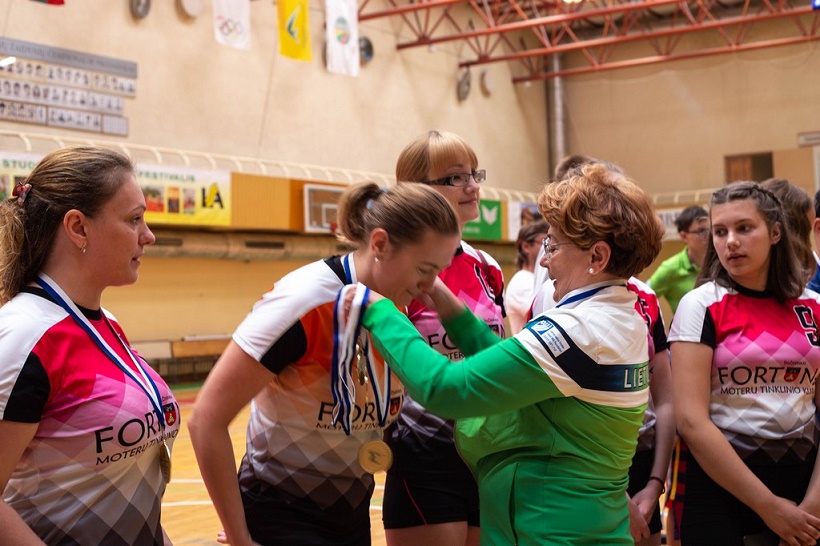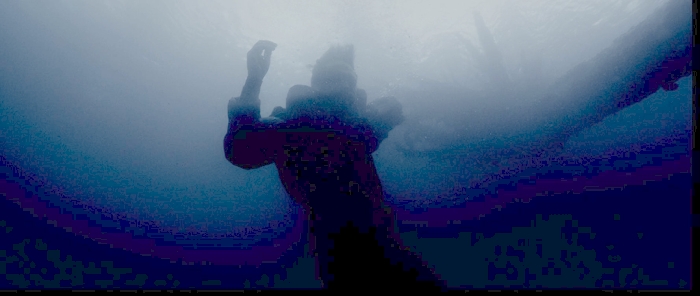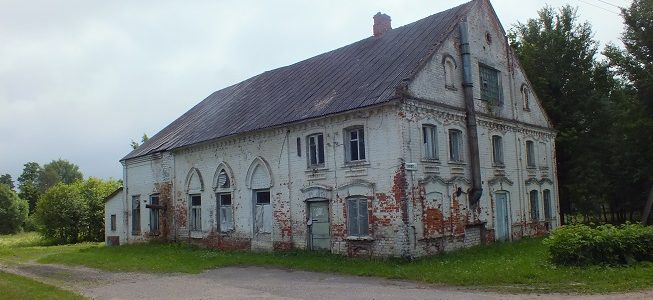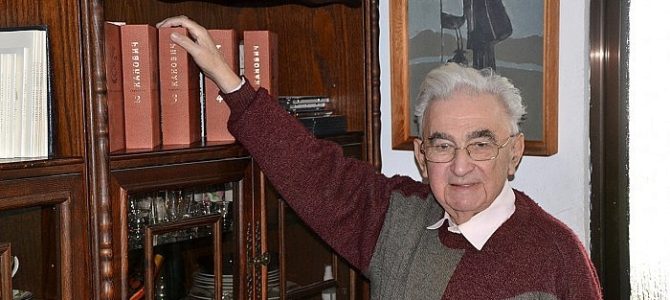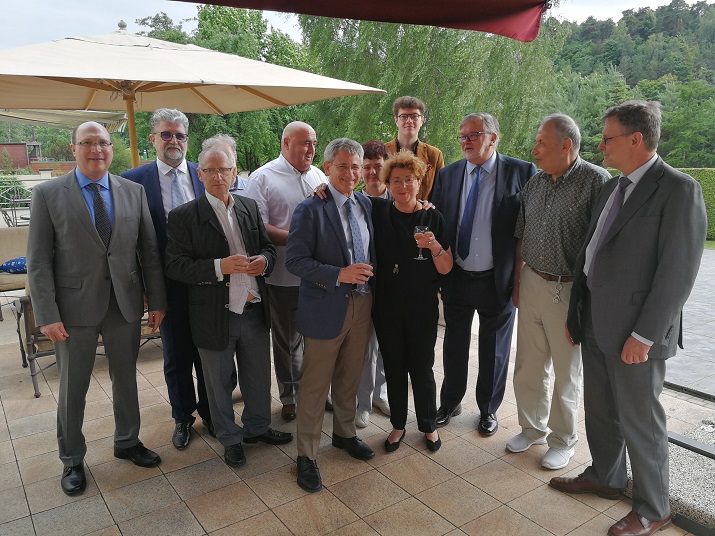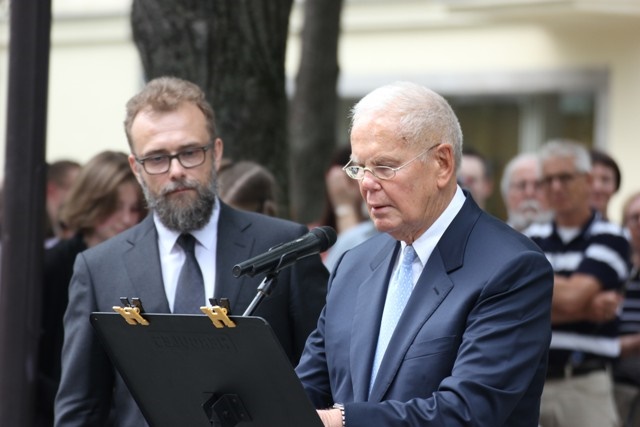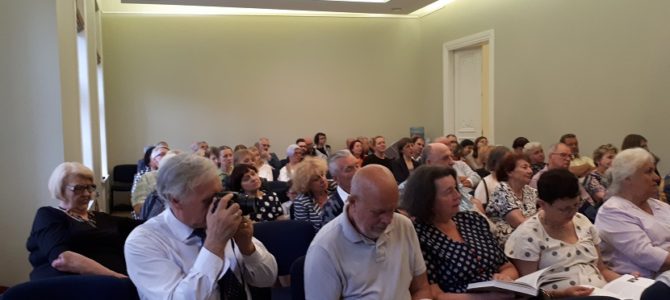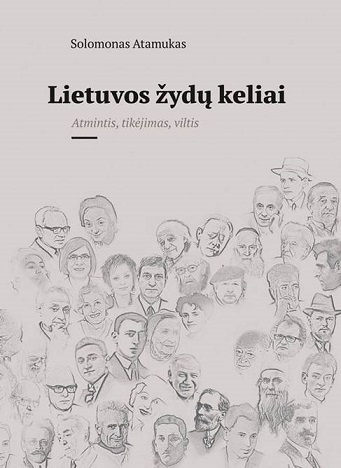Vilnius, June 27, BNS–The Lithuanian Jewish Community Wednesday criticized an invitation to the public from the Vilnius municipality to mark the anniversary of the 1941 uprising.
According to the Community’s statement, in June of 1941 “Lithuania won a brief and very conditional freedom essentially in exchange for becoming a Nazi ally.”
The LJC said the Lithuanian Activist Front which staged the uprising against the Soviet government became a tool of anti-Semitic policy in Lithuania and the Provisional Government never passed any act condemning the mass murder of Jews.
“The LJC can’t remain indifferent when several days ago in the heart of the capital a celebration was held, while flags of mourning should have flown in the country to mark the first victims of the Holocaust in Lithuania,” the statement said.
The uprising in June, 1941, is supposed to have been a struggle the restore Lithuanian statehood destroyed by the Soviet occupation, but critics say the insurgents and the Provisional Government were not favorable towards Jews.
The invitation published on the internet page of the Vilnius municipality claims the 1941 uprising demonstrated the resolution of Lithuanians to fight the Bolshevik occupation.
“In June, 1941, to avenge for those murdered and family members deported to Siberia and other northern regions of the Soviet Union, the sons and daughters of our nation, relying only upon their own bravery and themselves, were able to drive out the hated occupier and albeit briefly (June 22 to 28, 1941) restore Lithuanian statehood and the independence lost due to the culpability of their politicians and military leaders,” the Vilnius municipality’s invitation said.

